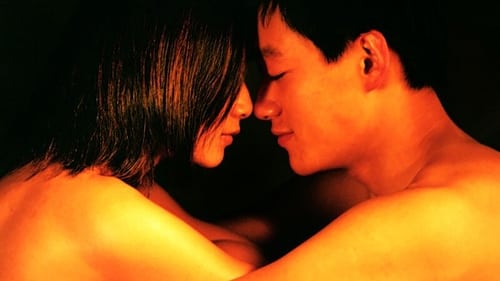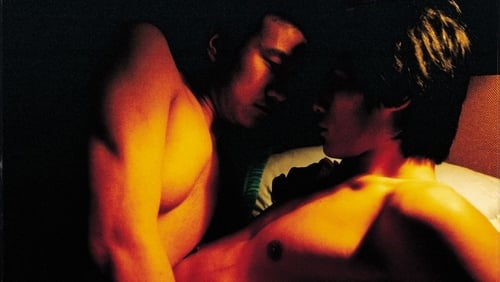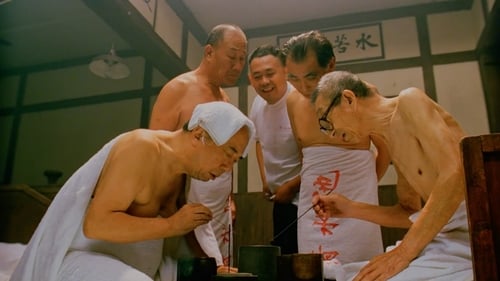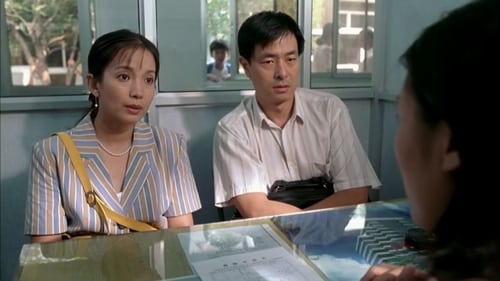
Cinematography
After her mother's lecherous boyfriend reveals she's adopted, incorrigible flirt Dada skips town -- with hopelessly smitten boy-next-door Zhou in tow -- in search of her birth mother.

Cinematography
A young woman who has lost her first love begins a relationship with his best friend, and the two of them attempt to create a baggage-free future.

Cinematography
A love story between a country boy in Beijing to study and a wealthy businessman set against the backdrop of the 1989 Tiananmen Square incident.

Cinematography
Abandonado por su hijo mayor Daming, que se ha ido de Pekín en busca de fortuna, el señor Liu continúa aferrado a su trabajo como propietario de unos baños públicos, su vocación de toda la vida. Además ha de cuidar de su otro hijo Erming, que sufre un retraso mental. Daming creyendo que su padre ha muerto, regresa a Pekín para descubrir la magia de los baños públicos.

Cinematography
Six different episodes about different generations' relationships. Love can be sweet, sour, or spicy.

Director of Photography
En China, la homosexualidad no es ilegal, pero los homosexuales son perseguidos sistemáticamente por la policía y detenidos por "vandalismo". La película se centra en un joven escritor gay A-Lan que, siendo atraído por un joven policía, logra interrogarse a sí mismo durante toda una noche. Su historia de vida que le dice durante el interrogatorio refleja la represión general de la sociedad china. La actitud del policía se desplaza desde la repulsión inicial de fascinación y, por último, a la atracción.

Director of Photography
Story of a real family in Beijing. The father's drinking problem starts it all. The mother struggles to keep the family together till she cannot take it any more.

Director of Photography
A rock musician looks for his girl-friend who left while pregnant, trying to decide whether to keep the baby.

Director of Photography
Often cited as China’s first independent feature film, this low-budget drama, filmed largely in the director’s Beijing apartment, depicts the life of a single mother (a topic considered taboo at the time) caring for her mentally challenged son. Shot with a documentary aesthetic that includes interviews with families of mentally challenged persons, the film helped kick-start the Sixth Generation of filmmakers (including Wang Xiaoshuai and Jia Zhangke) and their ethos of employing documentary realism to depict the true conditions of contemporary China.








